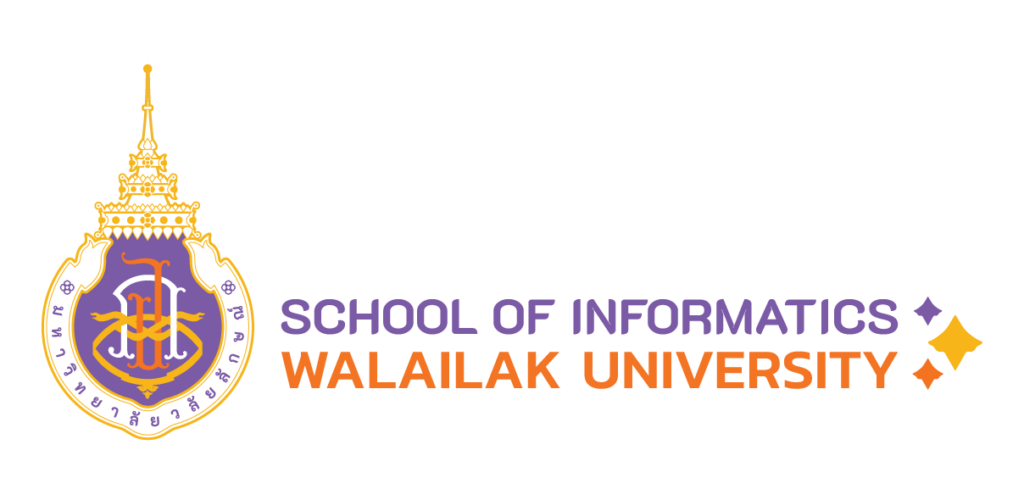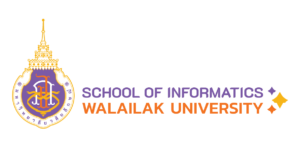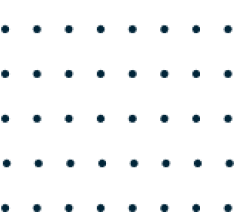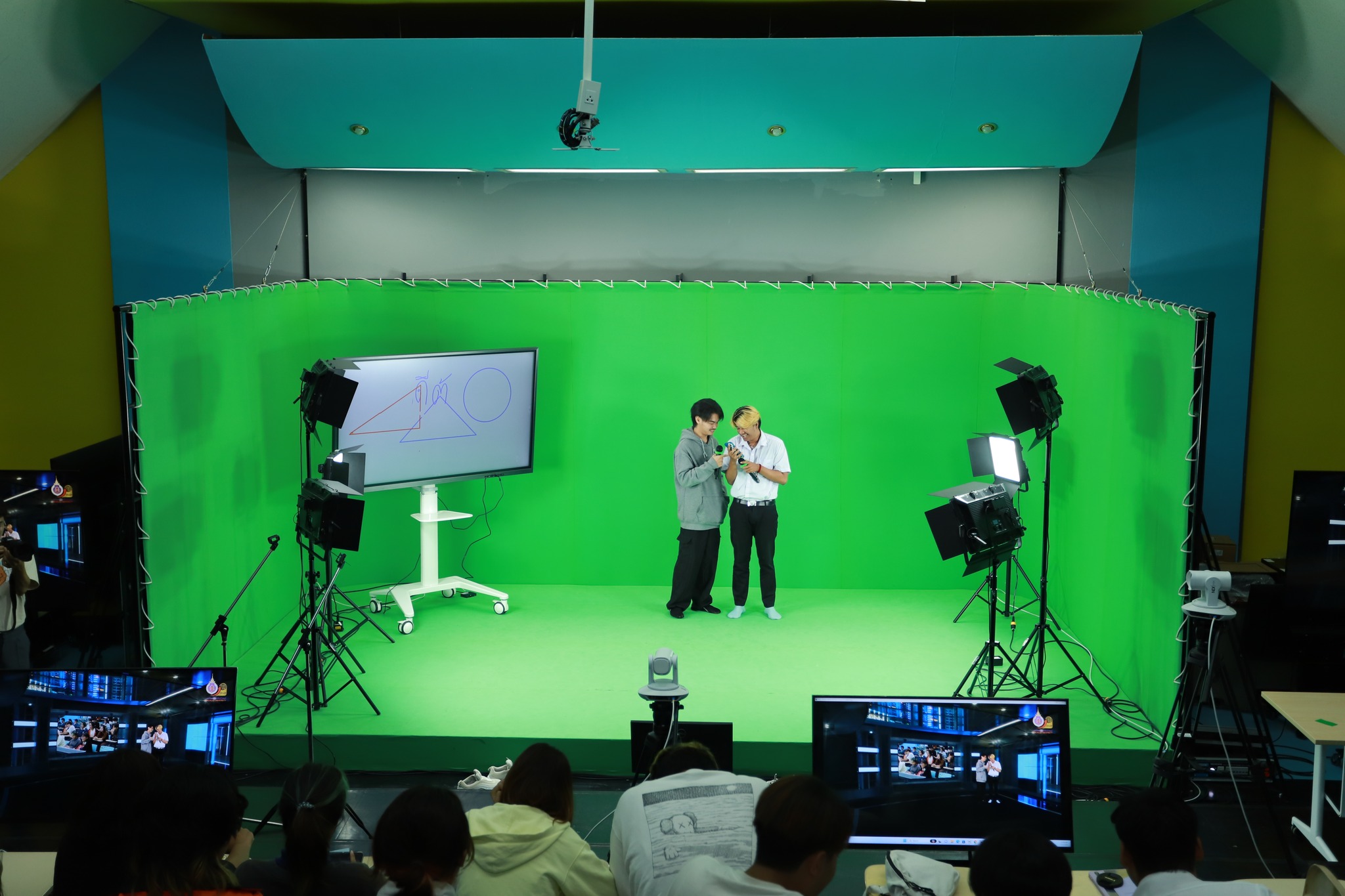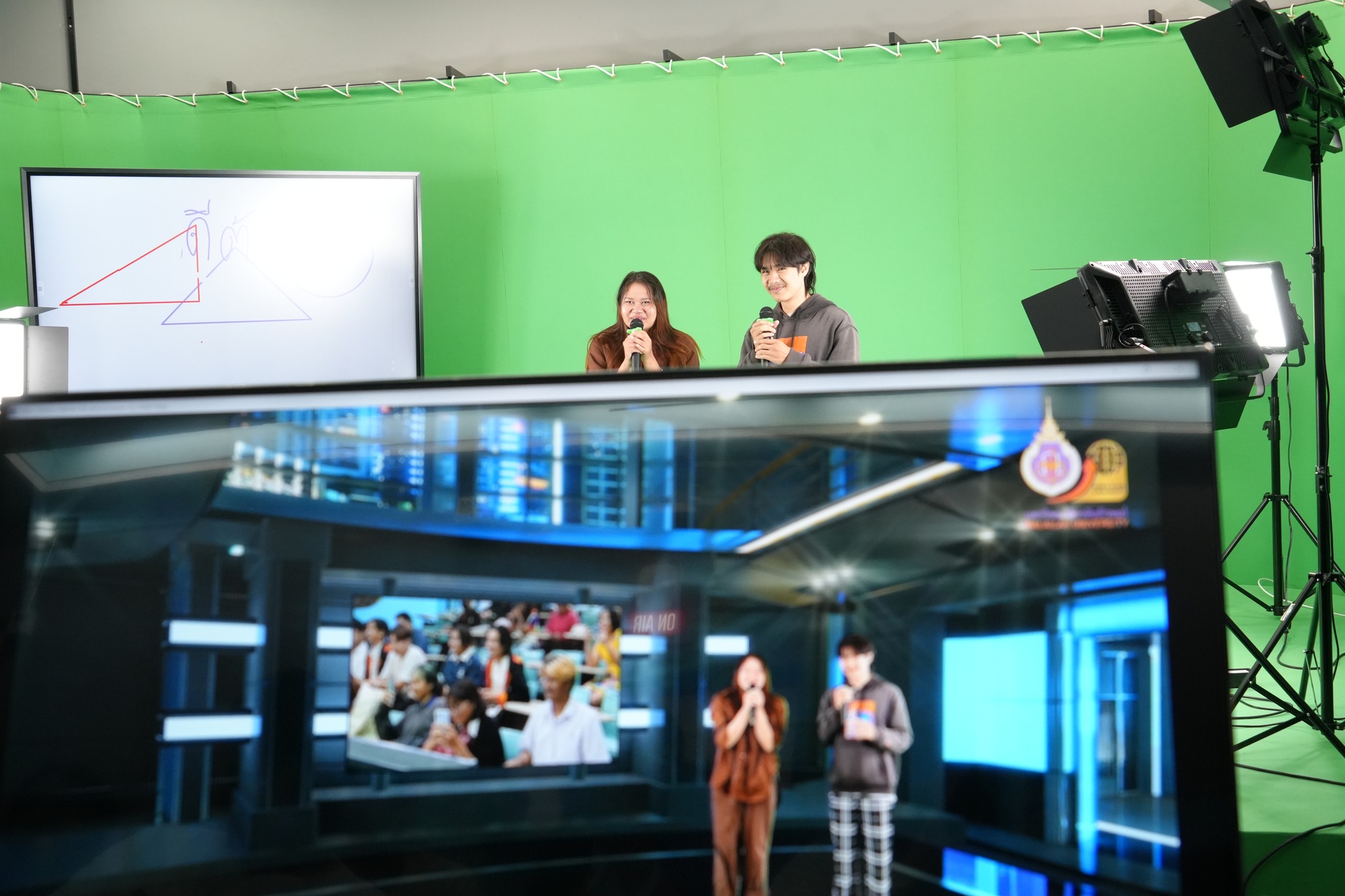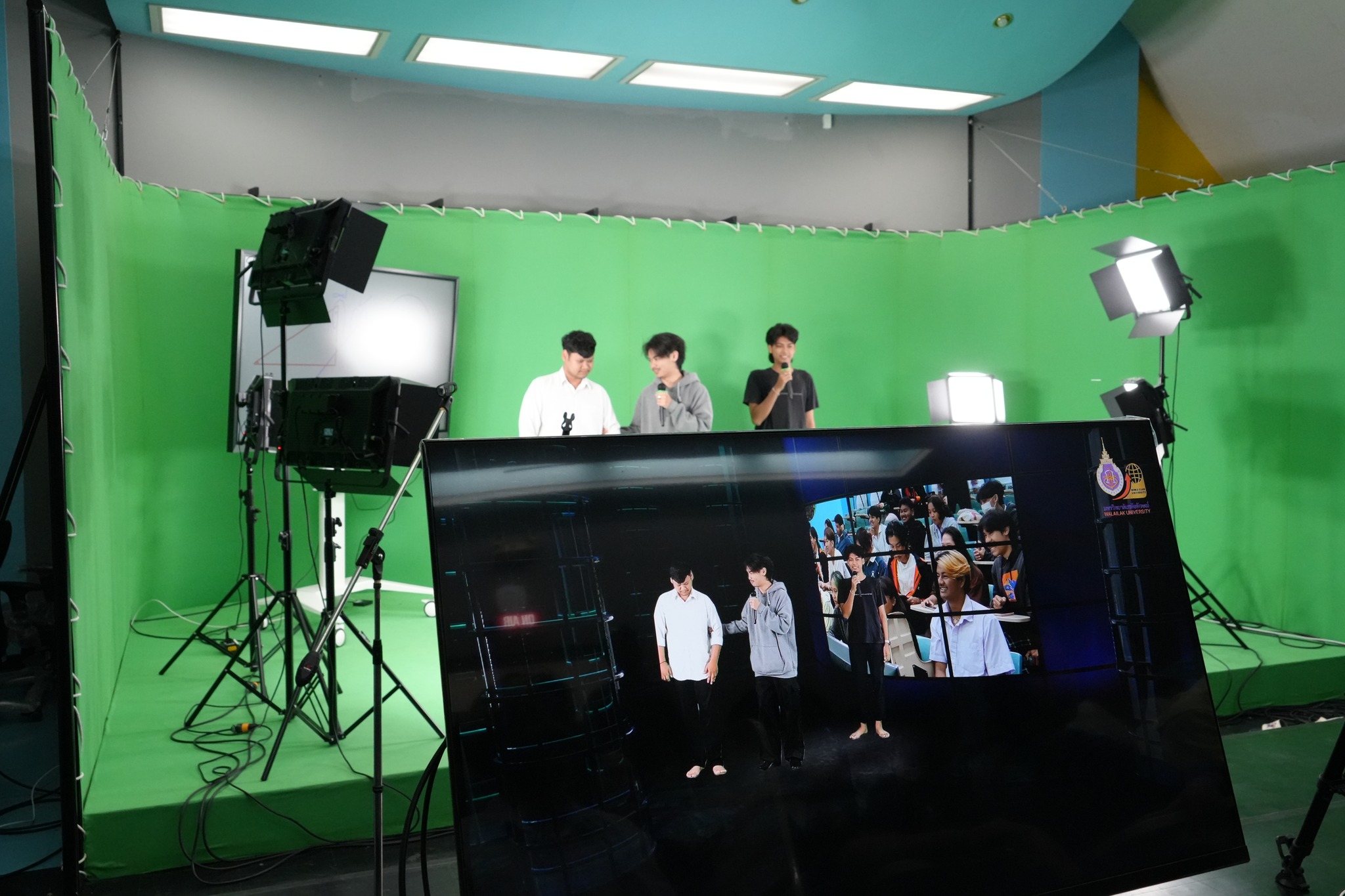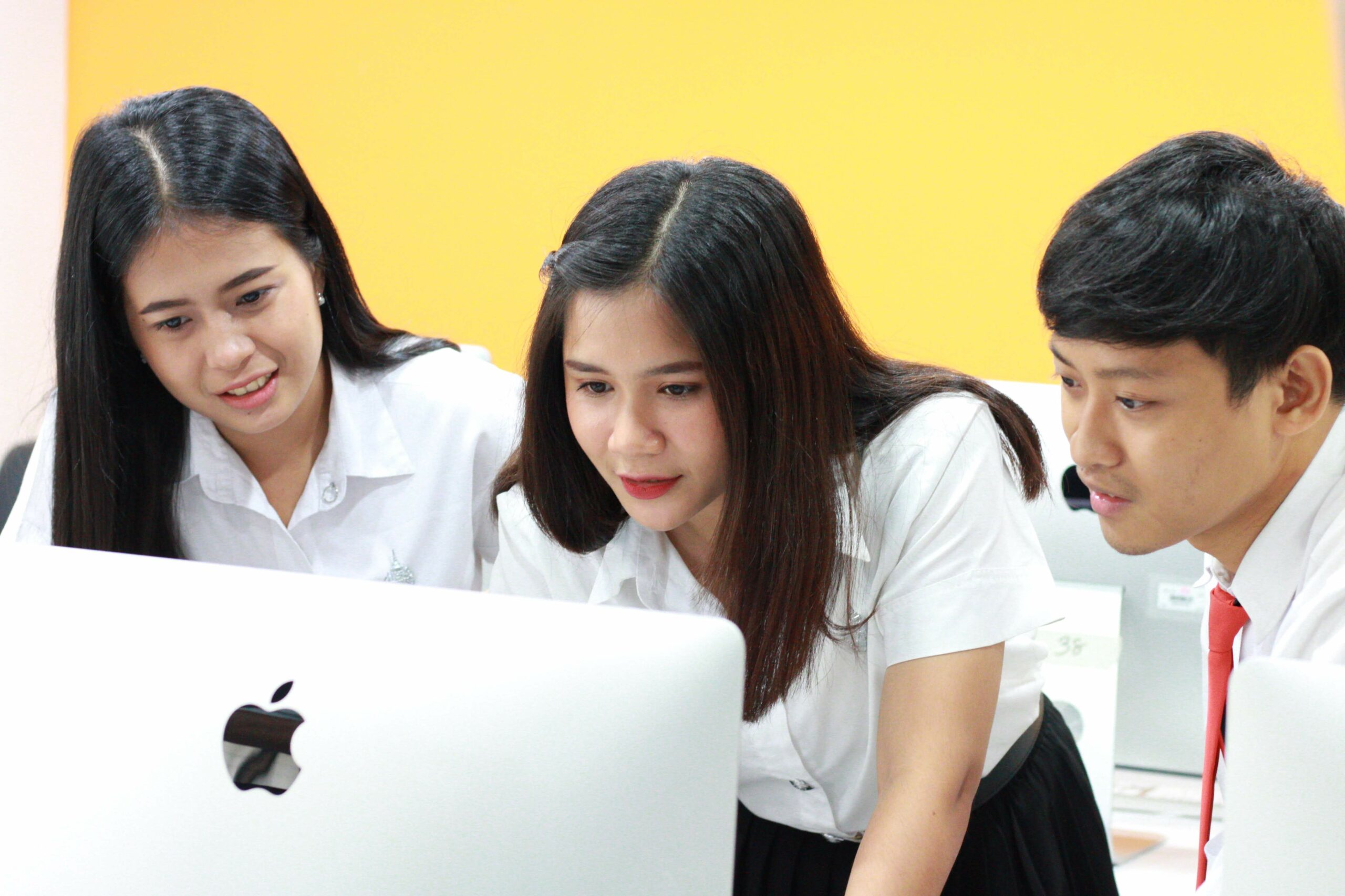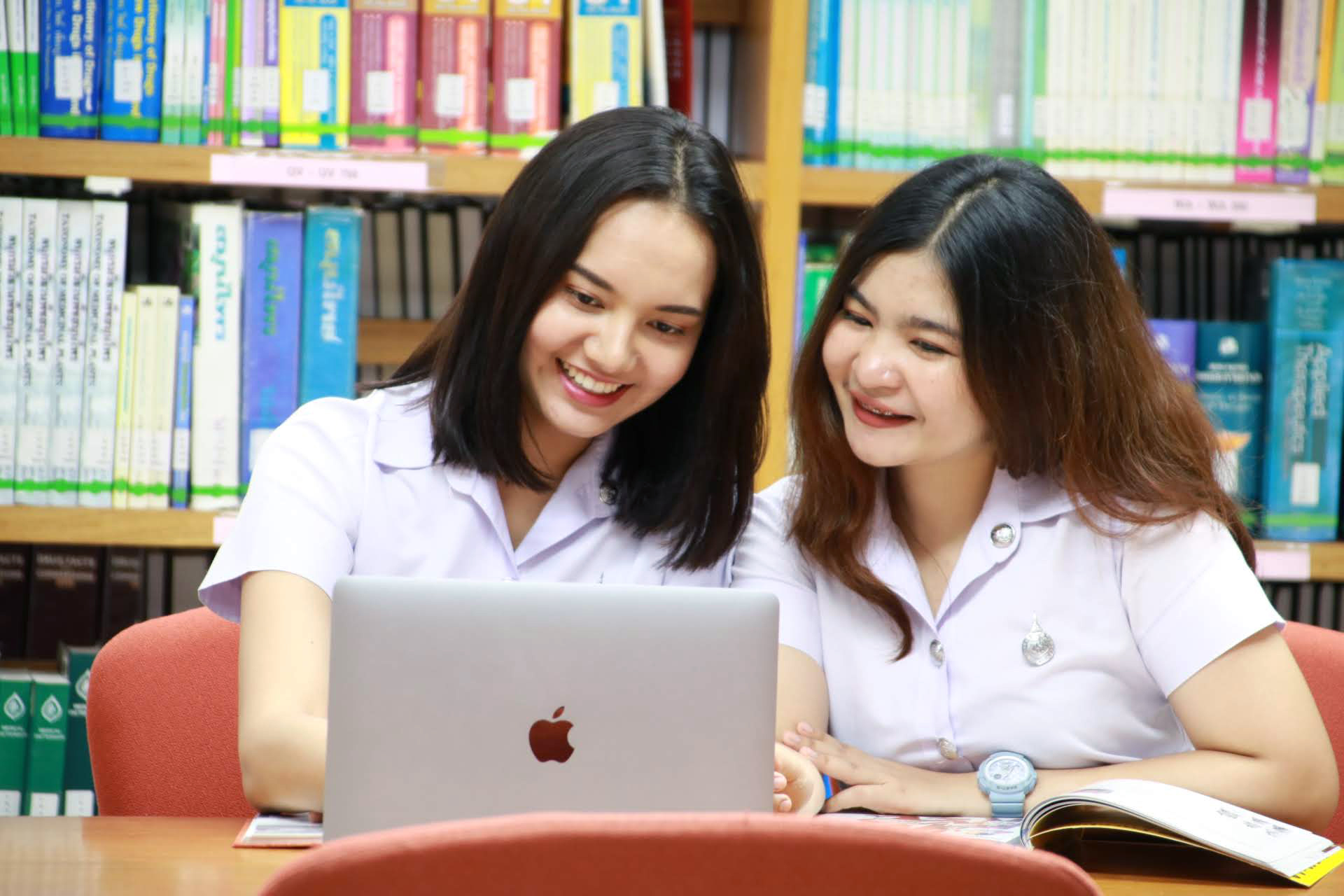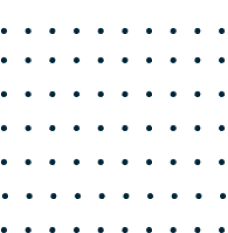Digital Content and Media
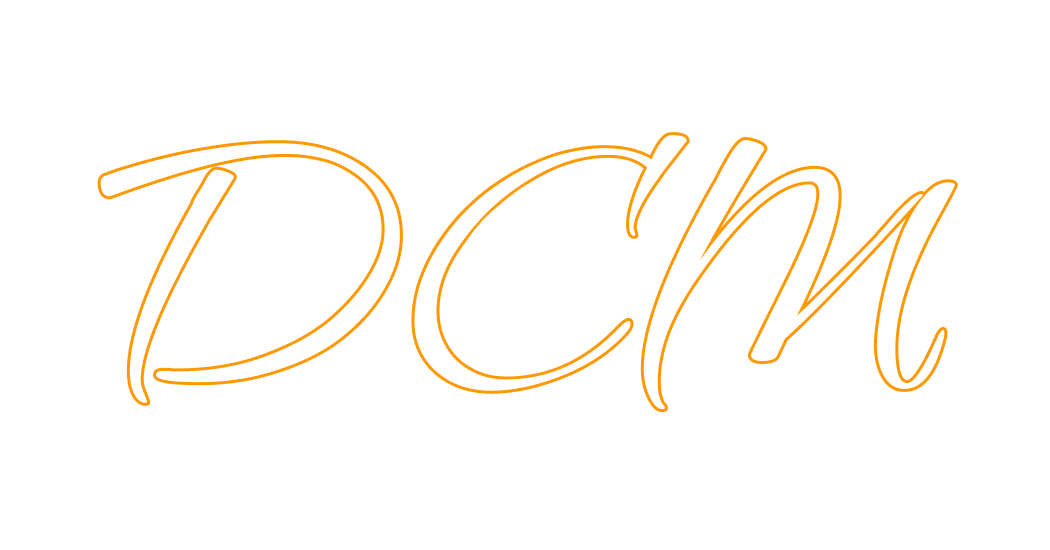
Digital Content and Media
Philosophy
“To produce graduates with competencies in digital content for digital organizations, who are skilled in using digital information technology and possess virtue, responsibility, and academic ethics.”
Objectives
To produce graduates with potential in digital content and media that align with the Digital Economy and Society Development Plan (2017–2036), meeting the needs of employers and the digital industry sector.
To produce graduates by utilizing modern digital technology and teaching management, aiming for international standards as outlined in the 20-Year Strategic Plan of Walailak University.
To produce graduates who achieve learning outcomes in accordance with the Higher Education Qualifications Framework (2022), encompassing knowledge, skills, ethics, and attributes.
Objectives
To ensure that graduates of the undergraduate program have distinct strengths or focuses that make them competitive in the job market, the program is designed to provide valuable learning experiences with significant impact on preparing students for employment. The key highlights of the graduates from this program include:
- Knowledge, skills, and competencies in designing, developing, and disseminating digital content related to educational media, digital marketing media, and content management within digital information organizations, including galleries, libraries, archives, and museums (Digital GLAM).
- Instruction based on the UKPSF international standards, emphasizing individualized student care and the development of analytical and synthesis skills.
- The program focuses on preparing students for professional careers by offering elective courses such as online content development for digital marketing, digital collections, and technology for content management.
- The curriculum incorporates integrated education with practical work experience, requiring students to complete at least 8 months of hands-on work experience in various organizations, both domestic and international.
- Development of important characteristics for being a digital citizen, including responsibility and academic and professional ethics suitable for working collaboratively with others.
Expected Learning Outcomes
The program aims to produce graduates who meet the national and university policies and strategies, as well as the needs of stakeholders. The program aligns with the four criteria outlined in the Higher Education Qualifications Framework (2022) and focuses on producing graduates with the ability to analyze and synthesize, pursue lifelong learning, and possess a sense of national pride, gratitude, discipline, and social responsibility. Graduates of this program are expected to demonstrate the following abilities:
Knowledge
- PLO1: Explain knowledge of general humanities and social sciences, basic information technology, and concepts for designing, producing, and disseminating digital content that meets user needs.
- PLO2: Apply knowledge of information management, media design and production, digital content service management, and career-related knowledge in online learning development, digital marketing content, digital collections, or content management technology to meet the needs of digital industry professionals.
Skills
- PLO3: Select appropriate technologies for developing digital content that meet user requirements.
- PLO4: Design and systematically organize digital content services using research and development processes to support the digital transformation of organizations.
- PLO5: Have the skills to organize digital content services in line with organizational needs.
- PLO6: Possess communication skills in Thai and English for everyday use, including listening, speaking, reading, writing, and presenting. If students choose Chinese, they should also be able to communicate in Chinese in daily life.
Ethics
- PLO7: Demonstrate honesty, gratitude, responsibility to oneself and society, adhere to regulations, and conduct oneself according to academic ethics.
Character
- PLO8: Exhibit leadership qualities, maintain well-being, be capable of both leading and following, engage in volunteerism, and work collaboratively with others.
- PLO9: Show digital literacy, including the ability to seek knowledge in a digital environment.
Career Paths
- Digital Content Creator / Content Specialist
- Web Content Manager
- Digital Collection
- Developer Web Designer
Fees
- Semester Fee: 25,000 Baht
- Total Program Fee: 200,000 Baht
Program Structure and Study Plan
Total Credits Required for the Program: 123 credits
Course Categories | Criteria of the Office of the Higher Education Commission (OHEC) 2022 | Program Update for Academic Year 2024 |
|---|---|---|
General Education | Minimum: 24 credits | Updated: 26 credits
Choose between:
English: 9 credits
Or Chinese: 9 credits |
Core Courses | Minimum: 72 credits | Updated: 91 credits |
1. Specific Courses for the Program | Minimum: 78 credits | |
1.1 Required Courses | 63 credits | |
1.2 Elective Courses | 15 credits | |
2.Cooperative Education | 13 credits | |
Elective Courses | Minimum: 6 credits | 6 credits |
Total Credits Required for the Program | Minimum: 120 credits | Updated: 123 credits |
Contact Information
Digital Content and Media Program
Faculty of Informatics
Walailak University
Phone: 075-672204
Degree Title
Bachelor of Information Science
(Digital Content and Media)
Bachelor of Information Science
School of Infomatics
Digital Content and Media
Program
Program Overview

Accrediting and Teaching Institution
Walailak University

Accredited by the Office
The Office of the Higher Education Commission

Approved by the University Council
วันที่ 9 ธันวาคม 2566

Further Study Opportunities
Graduates can pursue master’s and doctoral degrees in fields such as Computer Science, Information Technology, or other related areas at institutions both domestically and internationally.

